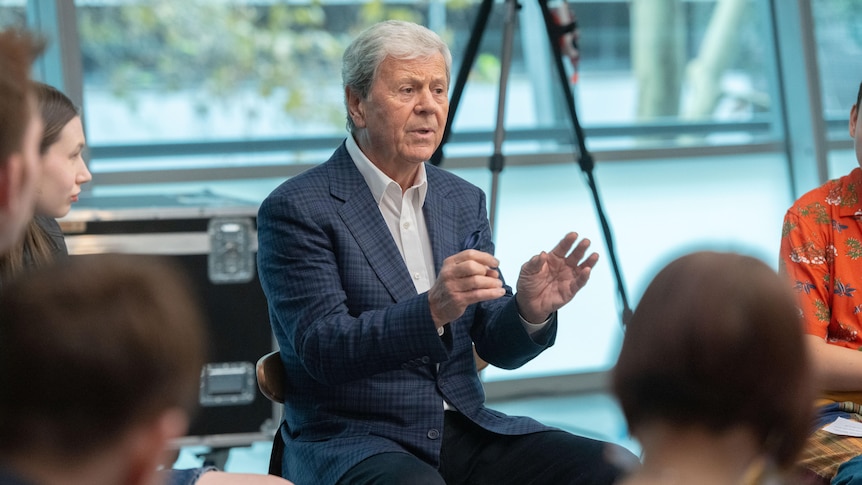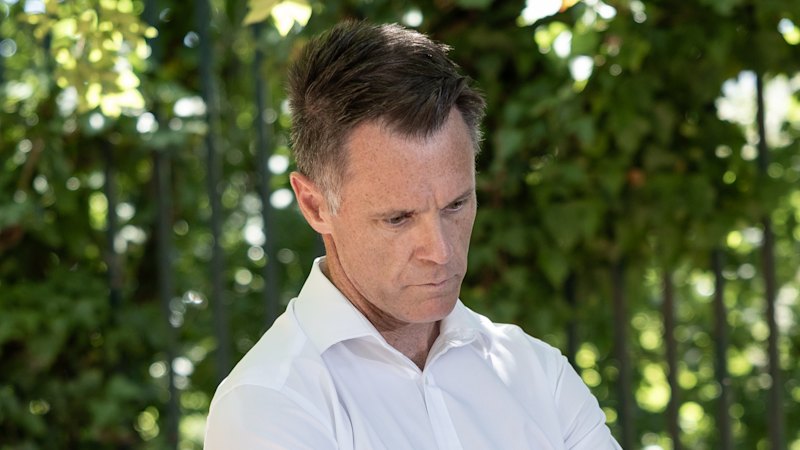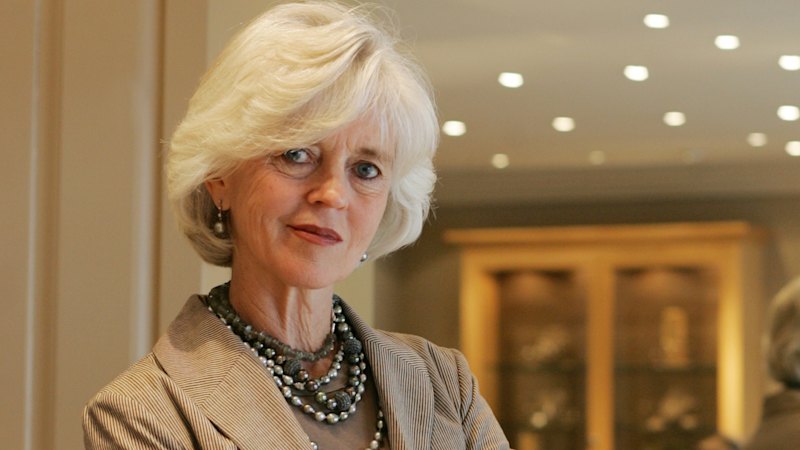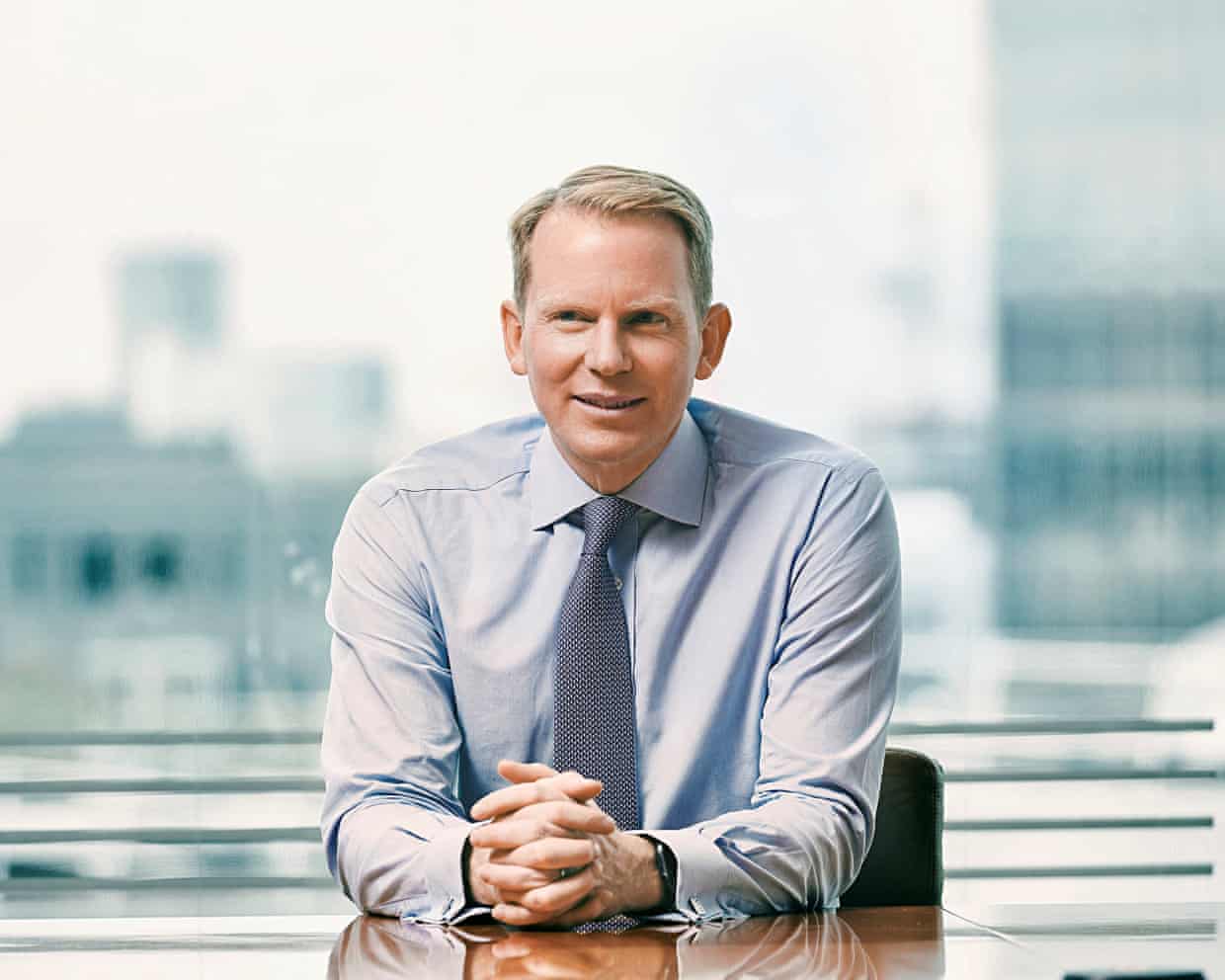
Australian journalist Ray Martin recently shared insights on his long and fulfilling career, attributing much of his success to advice from the renowned broadcaster David Attenborough. During a discussion with aspiring journalists on ABC’s program *The Assembly*, Martin recounted a pivotal moment from his career when he interviewed Attenborough, then aged 87. He asked the legendary figure for the secret to longevity in the industry. Attenborough’s response resonated deeply: “Only do things you love.”
At 80 years old, Martin has spent more than six decades in journalism, earning five gold Logies and having one named in his honour. Despite these accolades, he emphasised that his true passion lies in uncovering the stories of individuals. “Winning awards is nice,” he stated, “but what really drives you is telling stories and interviewing people.”
Commitment to Truth in Journalism
In an era where trust in journalism is declining, Martin highlighted the importance of integrity. He believes many journalists have shifted focus from the perspectives of those they interview to their own opinions. “I think there are too many journalists who tell us what they think rather than what the person they’re interviewing thinks,” he remarked. “That’s a line we shouldn’t cross. To regain respect, we must return to telling the truth.”
Martin’s commitment to balanced reporting is evident from his long tenure as a host on *60 Minutes*. He described how, during political interviews, he received feedback from audiences who perceived his political leanings differently. “People would call and say, ‘You’re clearly a card-carrying Liberal,’ while others would insist, ‘You’re a card-carrying communist.'” This feedback affirmed his ability to maintain impartiality, a quality he feels is often lost in today’s media landscape.
A Journey Through Time and Technology
Reflecting on his career, Martin recalled the significant changes in journalism since the pre-internet era. He reminisced about a time when foreign correspondents needed a “pocket-full of coins” to transmit stories back to Australia. One humorous anecdote involved his reporting on Rod Laver‘s results at a major tennis tournament in New York. “I had to find a phone booth and call Sydney for a radio program,” he said. With the help of a friend at the telephone company, Martin cleverly placed an “out-of-order” sign on the booth to secure access for his call.
He described the challenges of that time, saying, “In those days, you had to really find a phone and enough coins and that sort of stuff.” Such experiences underline the drastic evolution in how news is reported and disseminated today.
As his career flourished, Martin relocated to the United States with his wife, Dianne. The couple welcomed their daughter, Jenna, after 17 years of marriage, followed by their son, Luke. Martin expressed the importance of being present for his children’s upbringing. “I stopped going on *60 Minutes* because I didn’t want to be away. We waited so long to have children, and I wanted to be at home,” he explained.
This commitment to family echoes throughout his career choices. He made a conscious effort to balance work and family life, often involving his children in his travels or limiting his time away from home. “You only have them for a little time, and they become grown-up human beings,” Martin noted, emphasising the fleeting nature of childhood.
As he contemplates retirement, Martin hopes his legacy will reflect fairness in his reporting. “If someone said, ‘I don’t agree with you, but you’re fair,’ that’ll do me,” he remarked, underlining his dedication to integrity and respect in journalism.
Martin’s reflections, shared on *The Assembly*, serve as a reminder of the values that continue to shape journalism today. As he navigates the future, his journey remains an inspiration for both seasoned journalists and those just beginning their careers.






